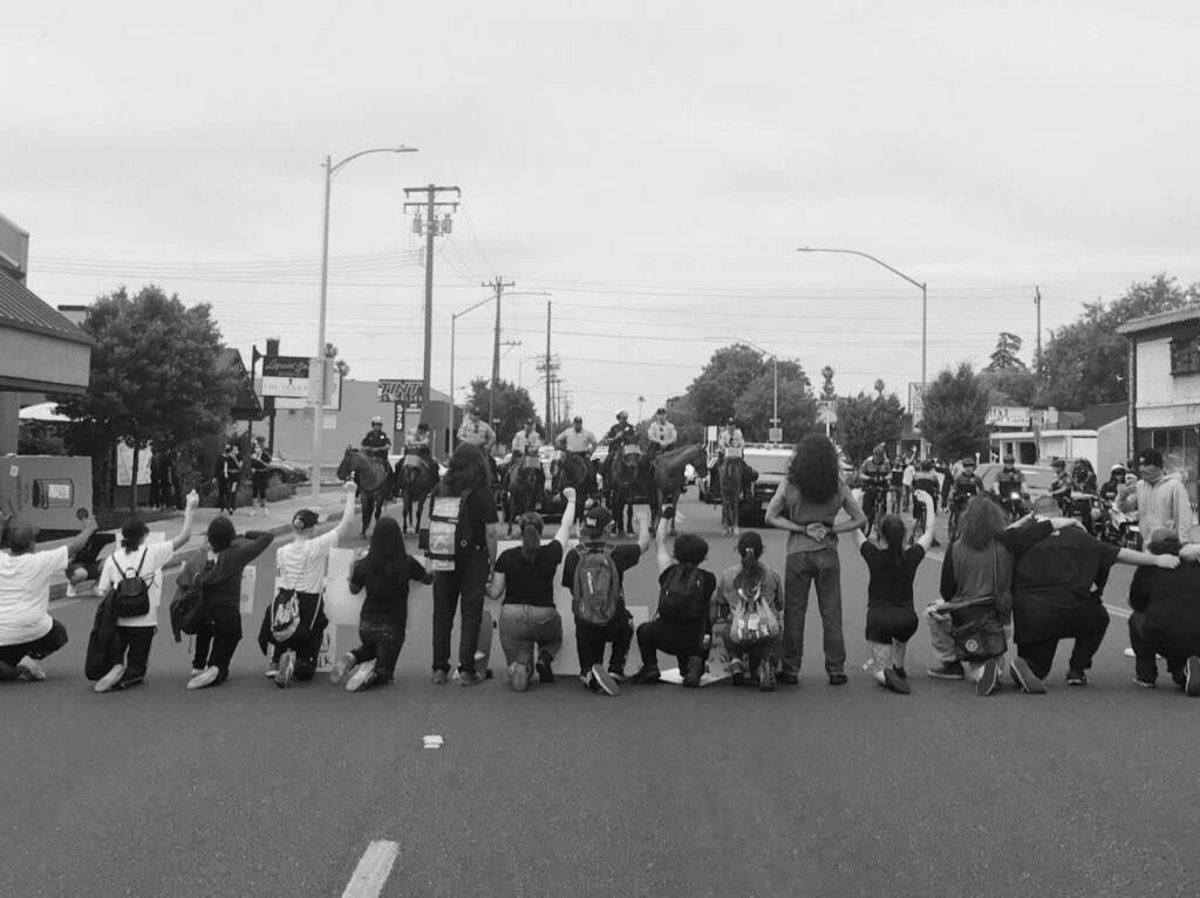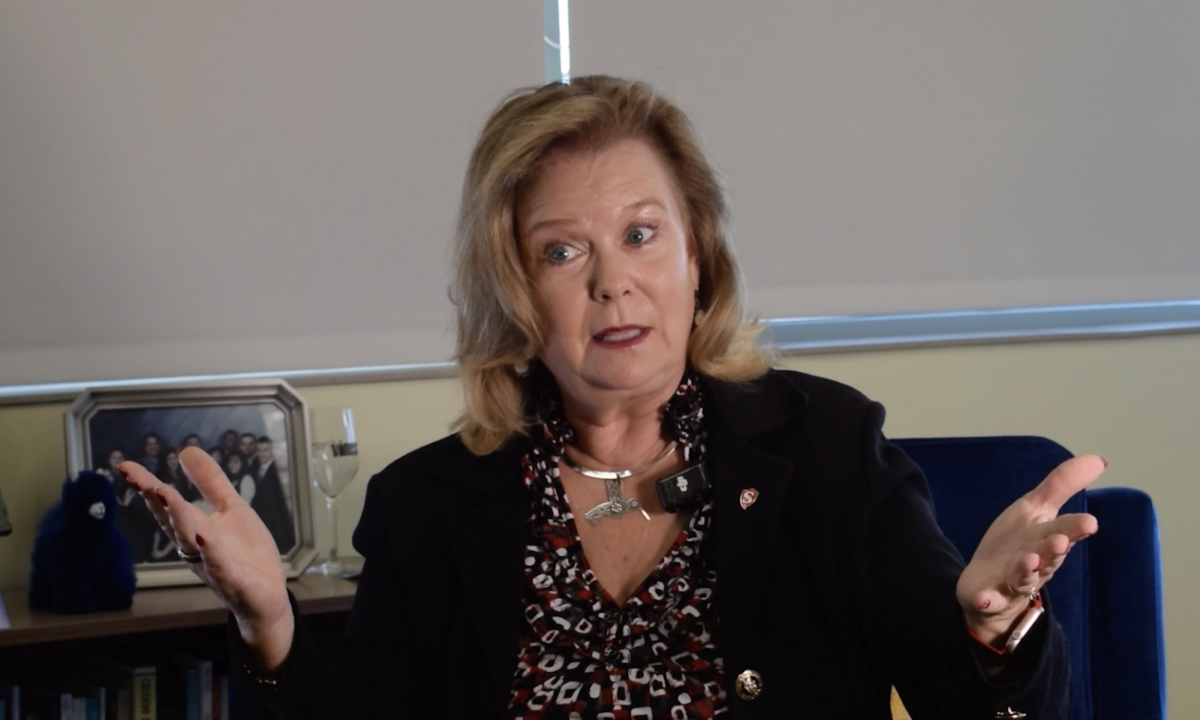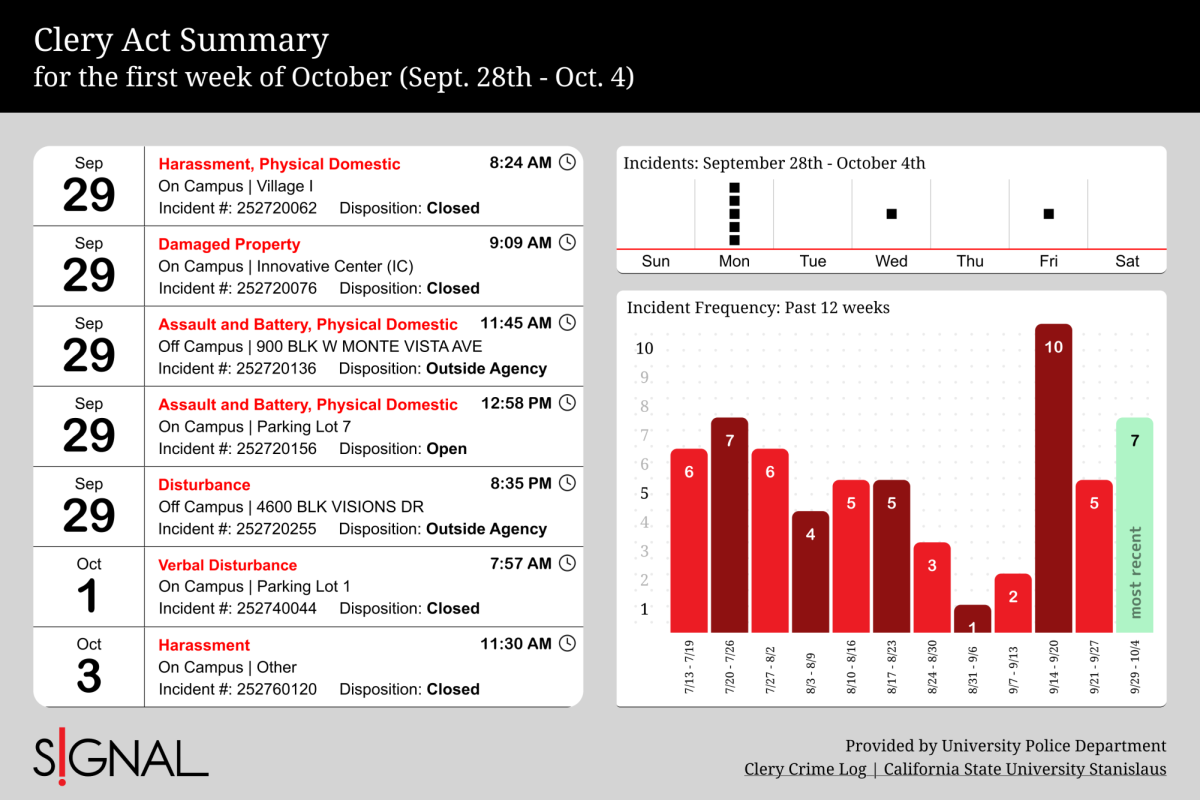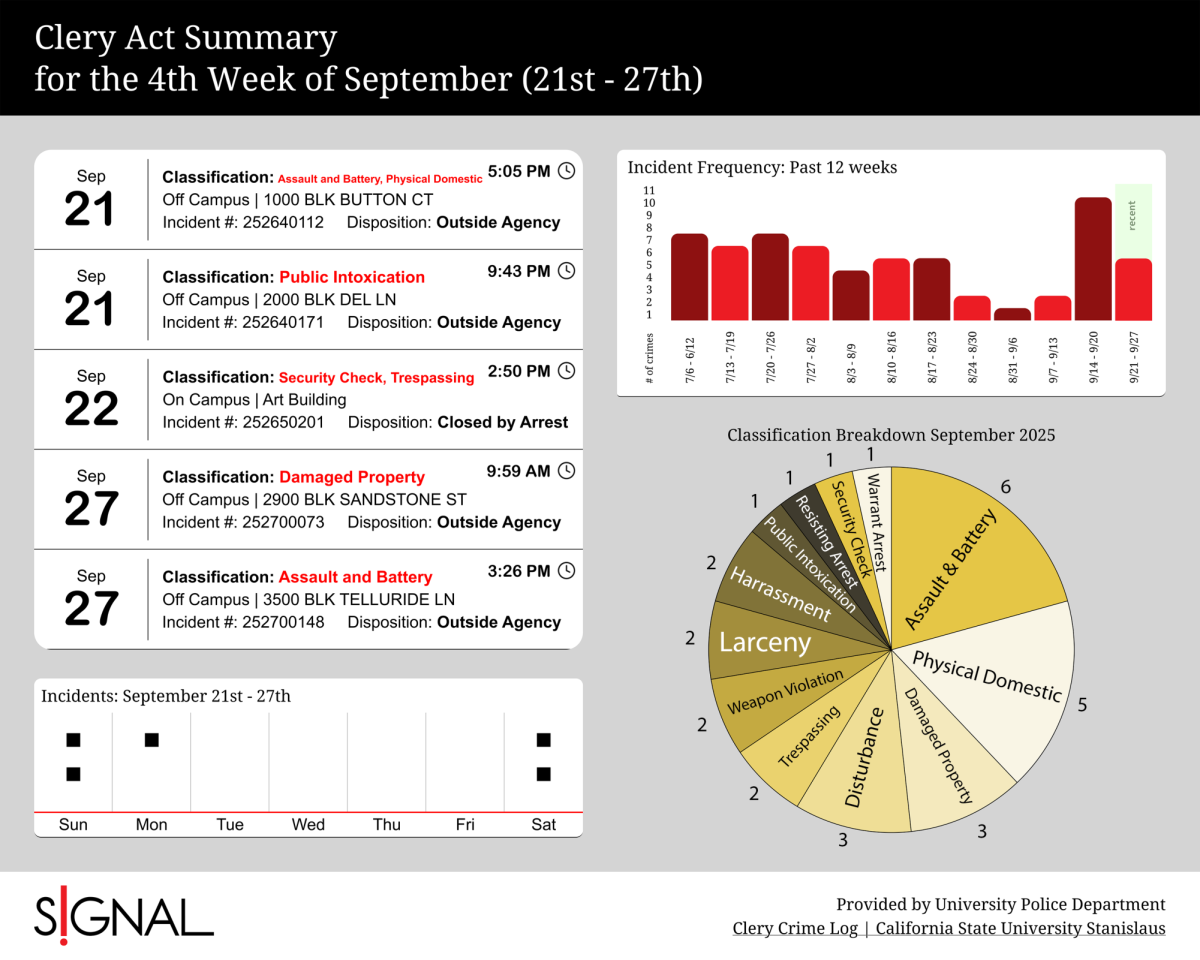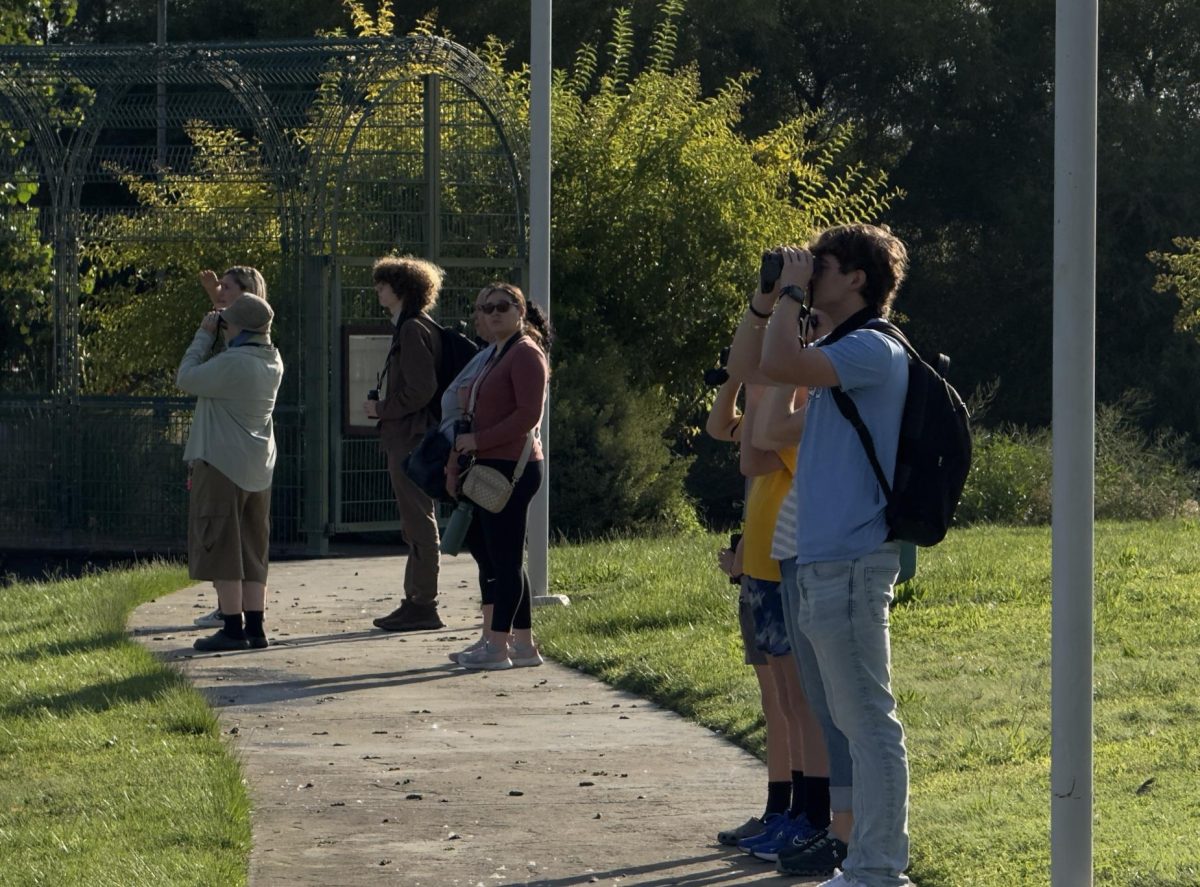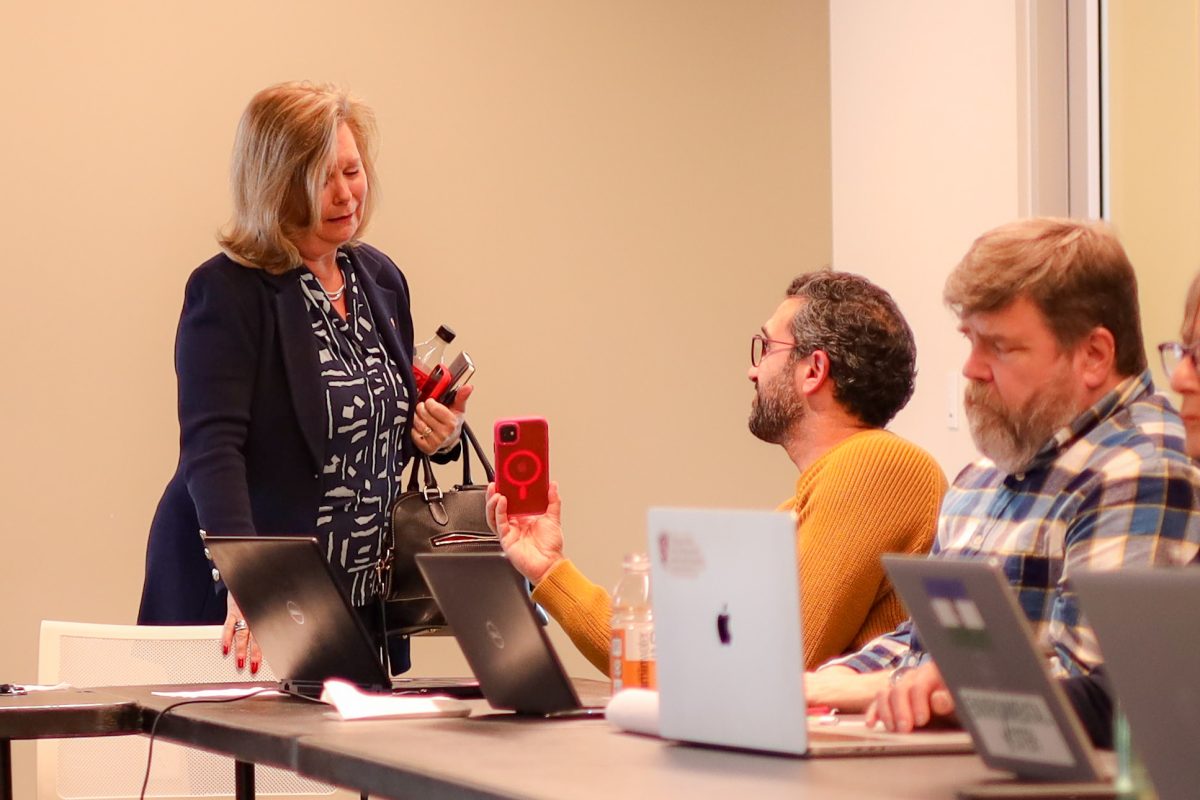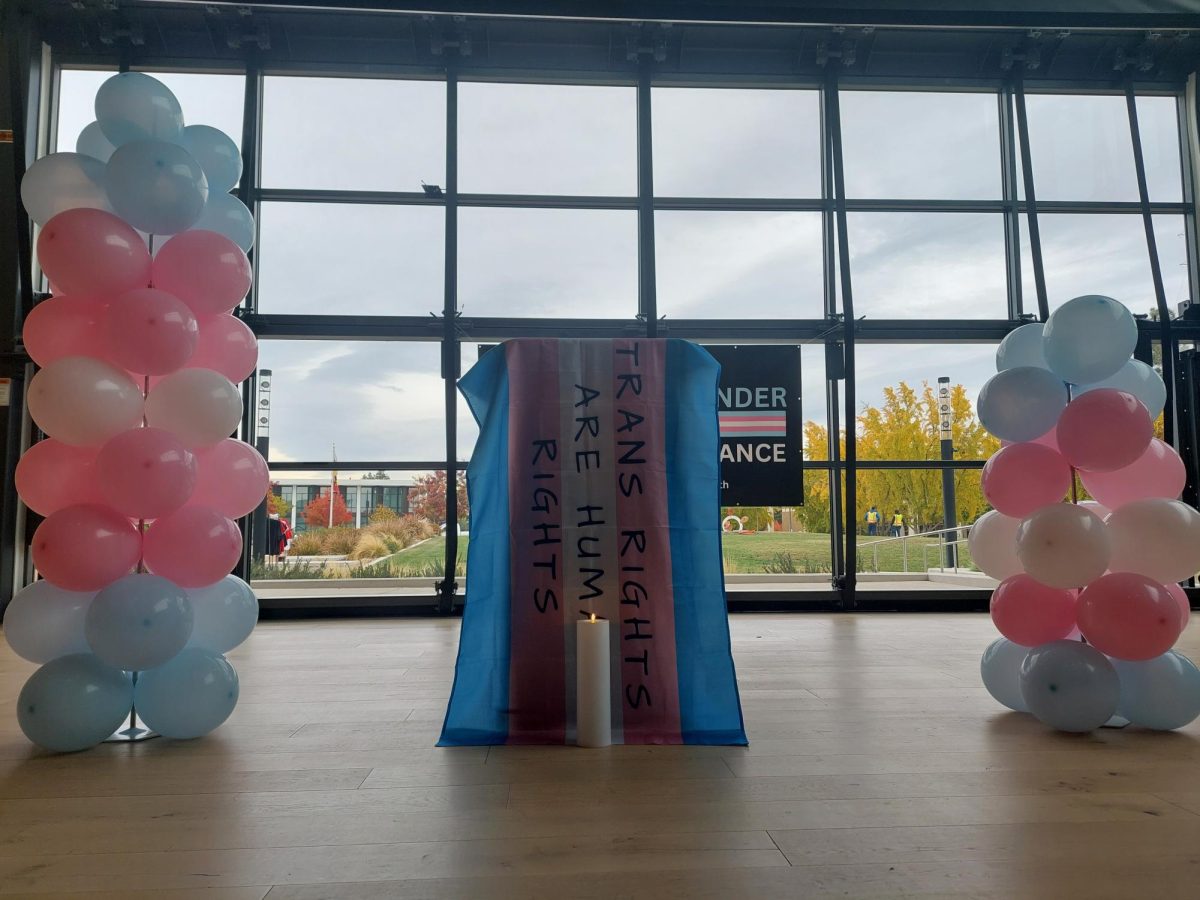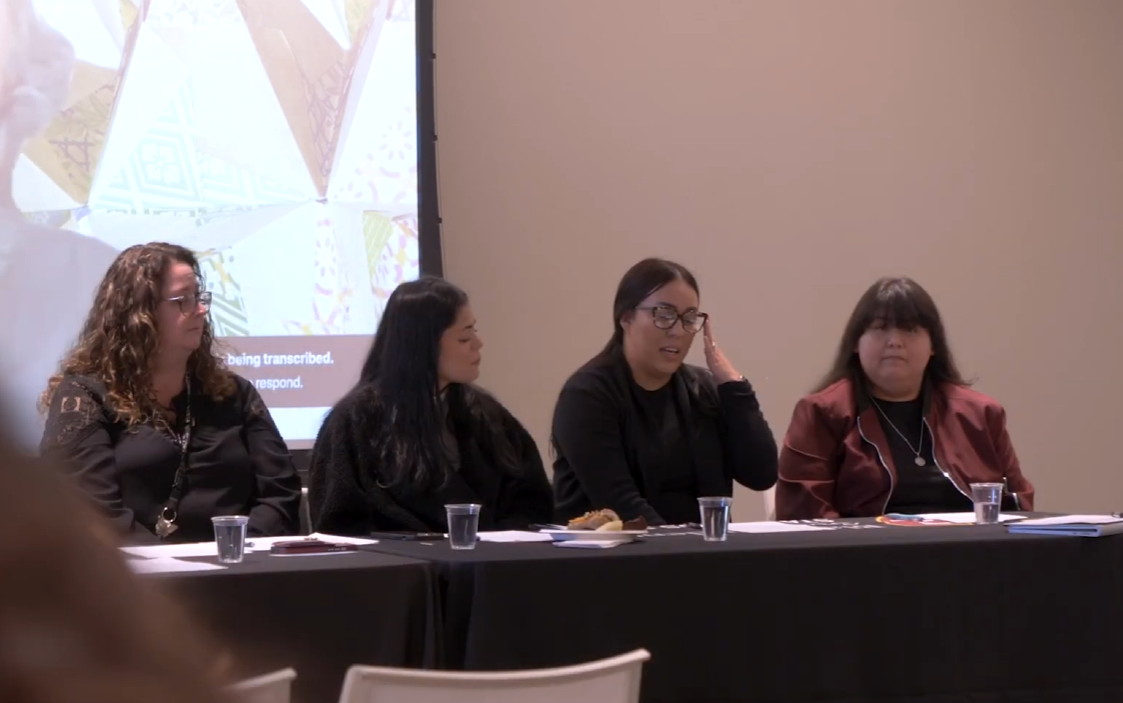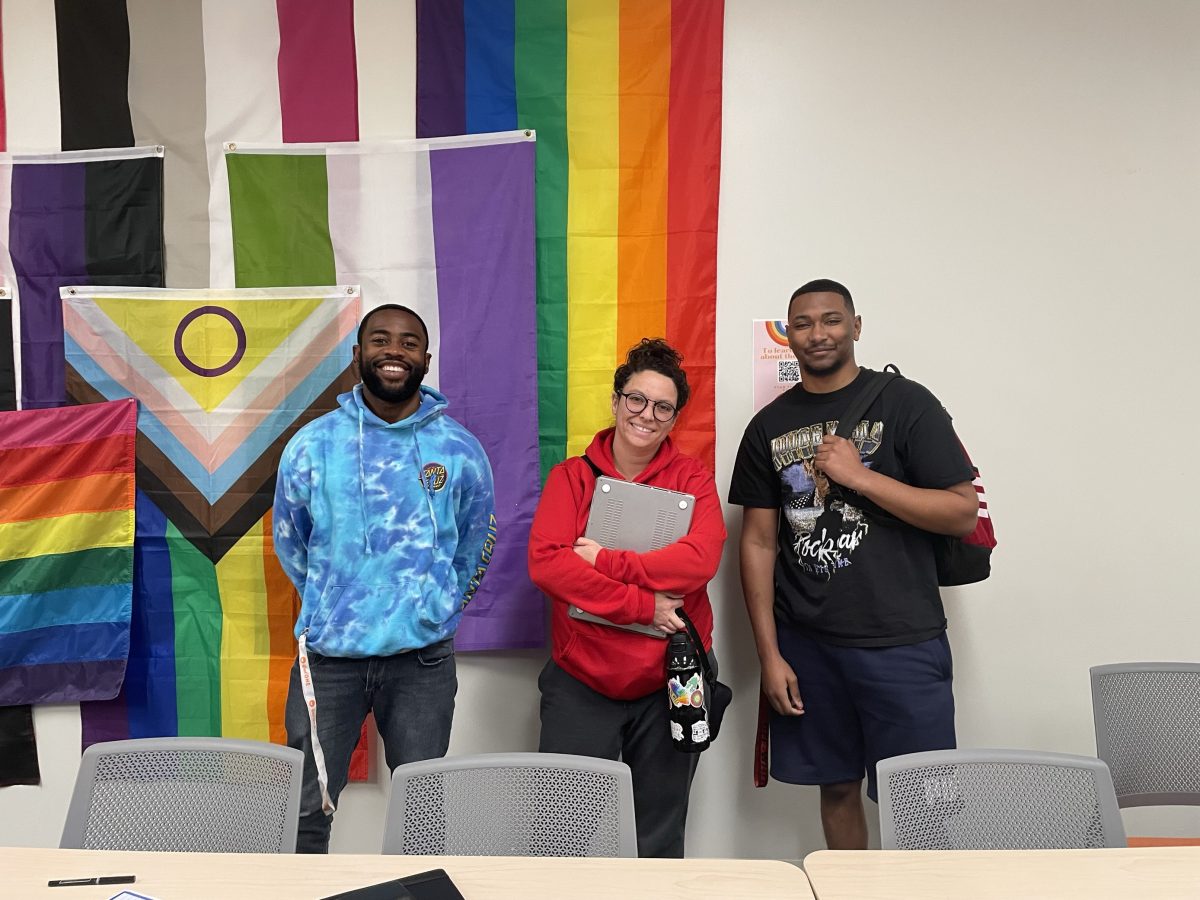As the states slowly open back up after pandemic restrictions and our timelines on social media go back to how they used to be before the death of George Floyd, it is important to remember that although things seem normal, they aren’t. They’re far from it, actually.
In regards to the Black Lives Matter movement, this wave has proven itself to be something that will be a mainstay so long as there is progress to make.
Typically, movements can last months or even years. Such has been the case with many other social justice-related causes, like the Civil Rights Movement, the Central American Revolutions, and the Civil War.
The fight is not over, and the evidence is clear.
Although George Floyd’s murderers have been arrested, one of them, Thomas Lane, has already been let out on bail as he awaits sentencing.
This is why so many activists and organizers are fighting not only for police reform but also reform of the justice system. After so much public pressure to arrest all of those who were involved in George Floyd’s murder, letting one of the officers out on bail seems to be regressive.
Among all of these conversations surrounding the reformation of police departments throughout the country, old cases are being re-opened. One that has caught the public’s eye over the last few days is Elijah McClain’s. He passed on August 24, 2019, in Aurora, Colorado at the age of 23.
Having been reported because he was said to have “looked sketchy,” McClain was detained. As the officers struggled to handcuff him, he was held to the ground in a fashion similar to George Floyd. 15 minutes later, he was hospital-bound, given a sedative, and ended up going into cardiac arrest.
Considering that McClain’s death parallels Floyd’s in terms of the use of the carotid hold, it can be said that his death is a reminder that this isn’t a new occurrence. McClain was not fortunate enough to have been seen by a passerby, and, as a result, his murderers have been able to evade the consequences.
Protests over the deaths of Elijah McClain, Andres Guardado, and so many others who have been unjustly killed by law enforcement continue.
In New York City, protests have continued for over three weeks straight.
In Oakland, a Juneteenth celebration closed down the city’s port.
Juneteenth is a holiday celebrating the day in which slaves were finally freed, June 19, 1865. Today, the meaning is a little different. This year, Juneteenth highlighted and focused on the unjust deaths of black folks that resulted from the systematic institutions of oppression.
At the Oakland protest, Dr. Angela Davis, a well-known activist and abolitionist, attended the protest and gave a speech. The bridging of the intergenerational gap of activists, both young and old, caused all eyes to be on this event.
Apart from protests, Oakland has also passed certain anti-police brutality measures. On June 24, the Oakland Unified School District unanimously passed a resolution to disband police and unarmed officers on school campuses. The money spent on law enforcement will now be redirected to education.
Similar educational reforms in regards to disbanding law enforcement on campuses have been seen across the nation, specifically in Los Angeles and Chicago.
As reforms and protests continue across the nation, it is important to note that justice has still not been served for so many folks unjustly killed by law enforcement. Public pressure has proven to be a catalyst for related cases, potentially providing families with closure.
If this trend of reevaluating cases that highlight police brutality were to continue, one can only hope that Breonna Taylor’s family is next. It has been 109 days since her passing on March 13, 2020.

